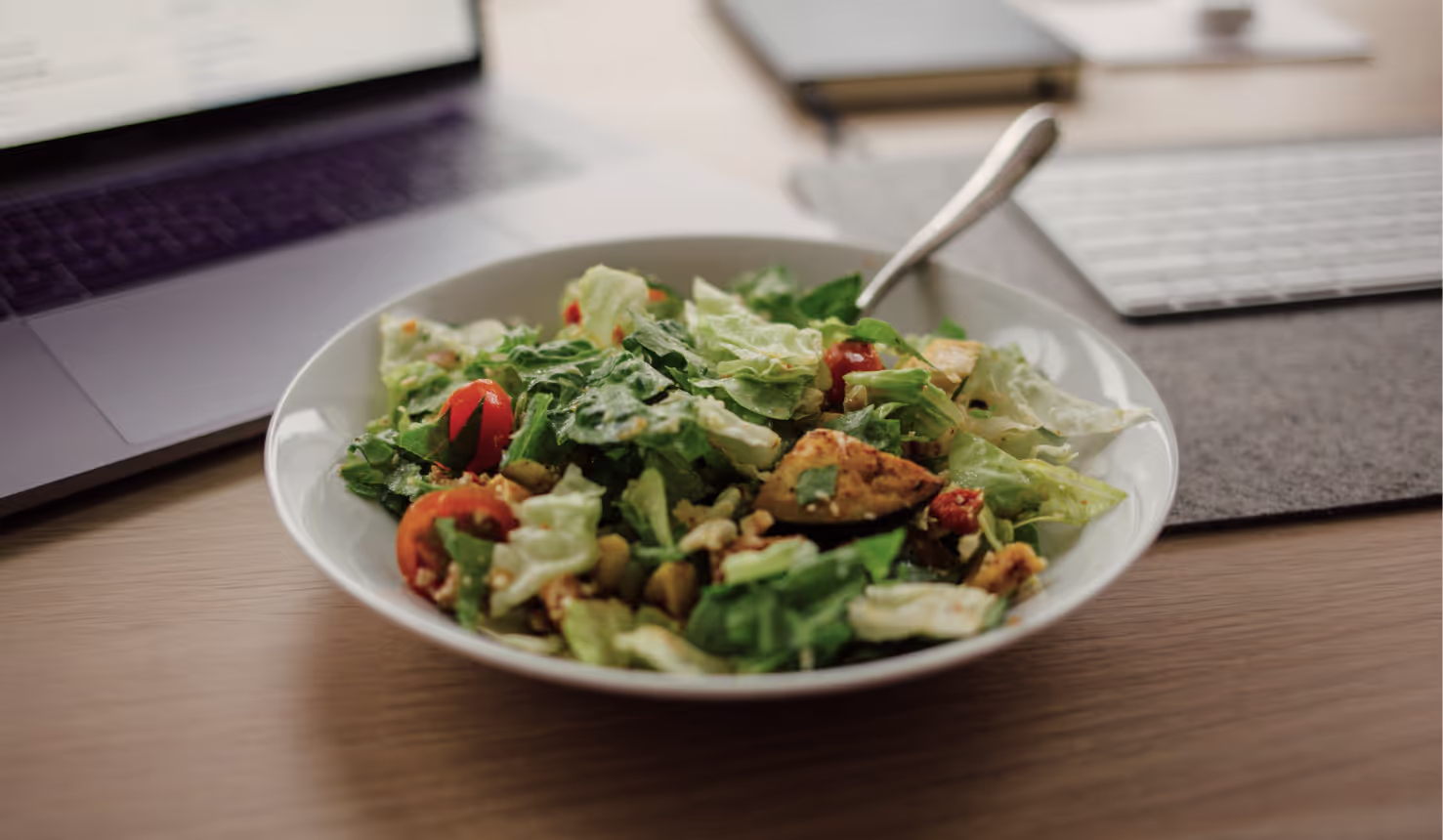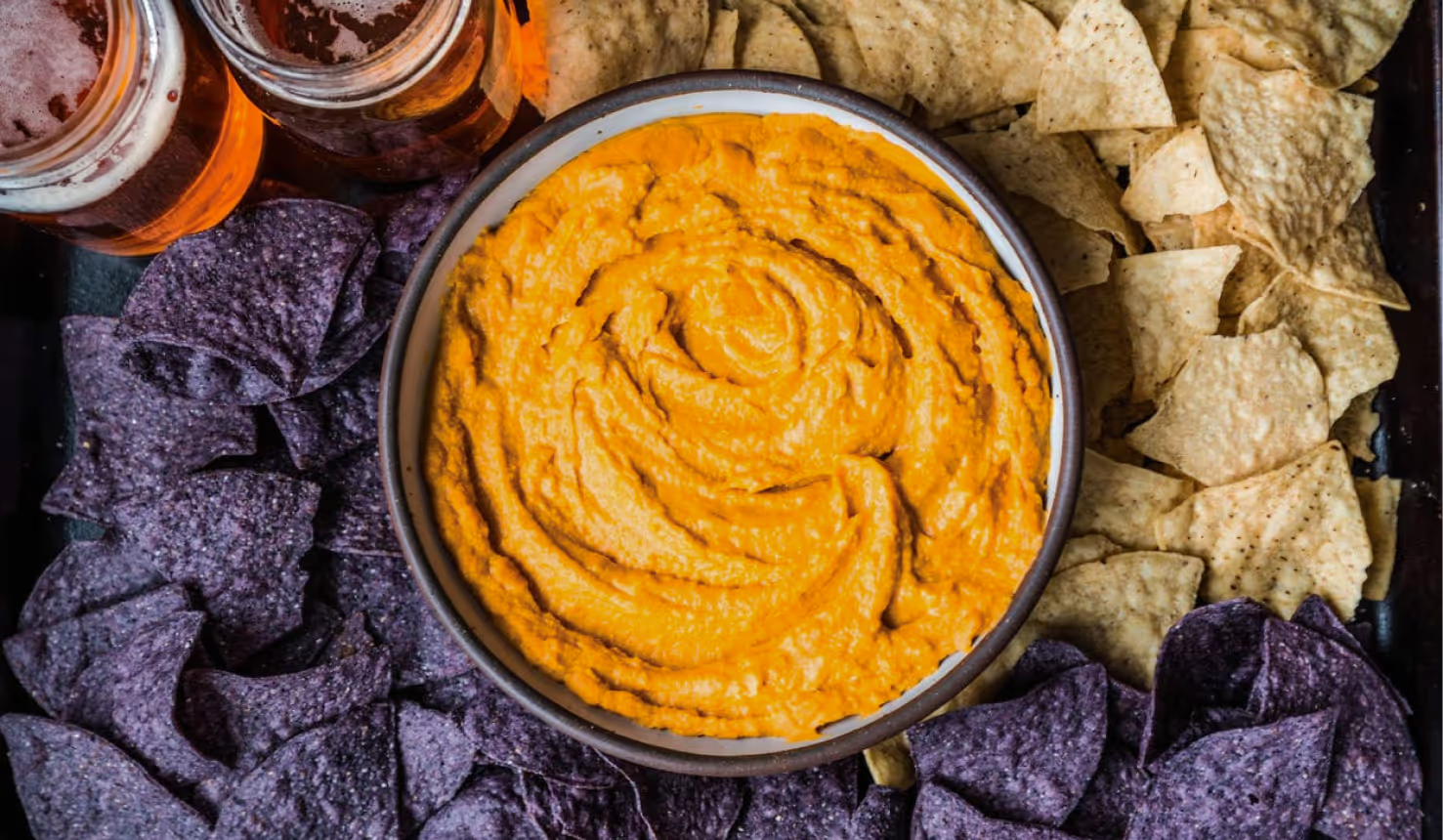6 Ways to Try a Flexitarian Diet

Join the community





Meat contributes to nearly 60% of greenhouse gas emissions from food production. The correlation between meat production/consumption and environmental issues is gaining recognition. However, adopting a sustainable diet is often perceived as a daunting challenge that demands an all-or-nothing commitment. Contrary to this belief, the key lies in understanding that progress is more valuable than perfection. Ultimately, the goal is to discover a sustainable diet that aligns with our individual needs and preferences.
What is a flexitarian?
What is a flexitarian? Someone who has a primarily vegetarian diet with occasional meat or fish consumption, perhaps reserved for special occasions or weekends. This not only supports sustainability efforts but also allows one to avoid feeling deprived of indulgences. If every person in the U.S. reduced meat consumption by just 25%, annual greenhouse gas emissions could decrease by 1%, paving the way for significant strides towards sustainability.
Here are some different ways you can approach a flexitarian lifestyle:
1. Weekday vegetarian
One way to reduce meat intake is to keep your meat meals to Saturday and Sunday, or whatever days you have off of work. Work days tend to be more structured, so sticking to plant-based foods within your regularly scheduled lunches and dinners is often easier to tackle.
2. Special occasion meat
Maybe a plant-based life is doable for you, save the special occasion meats. Maybe it’s your mom’s pot roast, chicken parmesan at your favorite restaurant, or a rare delicacy on your latest travels. Try keeping your meat consumption to those special occasions.
3. White meat only
The production of red meat, particularly beef, has been linked to environmental issues such as water shortage, deforestation, and high greenhouse gas emissions. It takes six times more water to produce 1 gram of protein from beef than to get the same amount of protein from pulses. Choosing to exclude red meat and opting for poultry or plant-based options is a significant step towards sustainability.
4. Lean pescatarian
60% of biodiversity loss today can be tied to meat consumption. A pescatarian diet involves embracing seafood while avoiding meat. This choice diversifies our protein intake and can contribute to better marine resource management when done responsibly. However, selecting sustainably sourced fish is crucial to maintaining a healthy balance in marine ecosystems. Resources like The Good Fish Guide can come in handy here.
5. Choose plant-based dairy
If you’re exploring a fully plant-based diet for beginners, start by trying dairy alternatives. The production of plant-based dairy often has a lower environmental impact, making it a sustainable option for those concerned about the planet. A portion of soy milk uses around 95% less land and freshwater and releases 70% less emissions than a portion of cow’s milk.
6. Same budget, better meat
Instead of eliminating meat from your grocery list, you could keep the same meat budget but spend it on more ethical meat. Higher-caliber meat tends to cost more money, so you’ll eat less meat, but it’ll be more sustainable.
In contrast to industrially produced counterparts, pasture-raised meat allows animals to graze freely, benefiting the environment and the animals. Well-pastured beef even has a carbon-sequestering effect, offering a negative carbon benefit. This environmentally friendly approach benefits the planet and animals’ quality of life.
In a world increasingly conscious of the environmental impact of our dietary choices, these sustainable diet options provide a spectrum of choices. The key lies not in conforming to a specific label but in making intentional decisions that collectively contribute to a more sustainable food culture. For more such tips, download Commons and join our community of tens of thousands of people.











